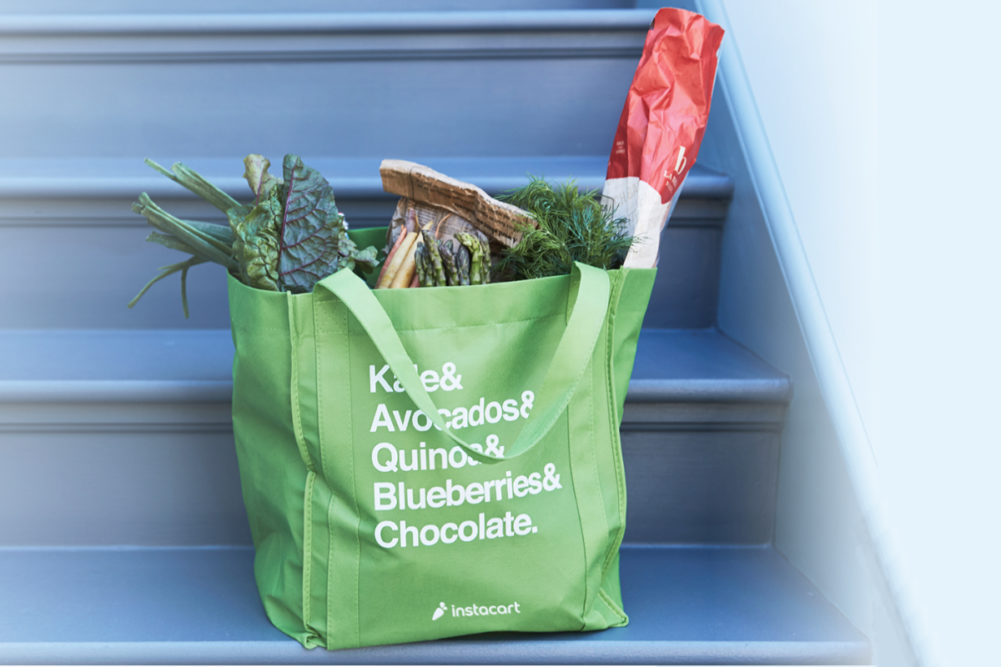CHICAGO – The Chicagoland Food & Beverage Network (CFBN) hosted its first event of the New Year on Jan. 14. The virtual meeting included a discussion with Joel Warady, chairman of the board for CFBN, and president of New York-based Catalina Crunch, a producer of keto-friendly, vegan, low-carbohydrate cereals and cookies.
“2020 was a year of ‘haves’ and ‘have nots,’” Mr. Warady said. “And people are continuing to change their habits to adapt.”
The haves and have-nots always existed, but in troubling and uncertain times, the distinctions become more obvious. This is not only on the personal or household level, but in corporate America as well, in everything from supply chain to staffing to health care.
“So far in 2021, we are seeing that stay-at-home mindset continuing to grow,” Mr. Warady said. “But the elephant in the room is the vaccination. While it’s been a slow start, it is continuing to pick up and we will see more and more people vaccinated. That has created a pent-up demand to eat out and go to restaurants.”
He emphasized consumers are continuing to want to eat healthier foods. And even though tourism and hospitality will likely explode in the second half of the year, consumers will remain cautious with what they fuel their body with and where they do it.
To attract diners, restaurants may need to have sections dedicated to those who show proof of vaccination. There may be legal challenges here, but it’s not much different than when restaurants had smoking and non-smoking sections.
 “Will restaurant owners be able to not invite you into their restaurant if you are not vaccinated?” he asked.
“Will restaurant owners be able to not invite you into their restaurant if you are not vaccinated?” he asked.
Mr. Warady expects institutional foodservice to go gangbuster in the second half of 2021, especially as schools and universities fully open for business. But he cautioned prices will continue to rise. This is already apparent with ingredients from Asia.
“It’s a combination of ingredient production and major issues with ports, the people working the docks, in the US unloading and in Asia loading,” Mr. Warady said. “There’s also already a 5% to 10% increase in corrugated, which will remain throughout the year.”
The demand for cardboard was unexpected. It correlates to the growth in e-commerce, which was accelerated by the pandemic. The industry was not prepared. The growth in e-commerce led to bankruptcy by some supermarkets and the closing of many different retail chains. The new ways of shopping — from delivery to curbside pickup — are not going away.
“As we speak, Instacart is talking about doing an IPO within the next couple months at a valuation of $30 billion,” Mr. Warady said. “Think about what Instacart owns. They own no stores, no real estate, no warehouses. They don’t even own the cars that deliver. What they own is a technology and a brand to deliver food and beverage.”
The use of technology and shift in shopping has consumer packaged goods (CPG) companies reevaluating where they spend trade dollars in 2021. To be competitive, promotional dollars must shift.
“CPG companies formerly spent trade dollars in stores,” Mr. Warady said. “Now they split it between in-store displays and curbside pick-up, as well as things like Instacart, all while their trade budgets have not gone up.”
“I would be remiss if I did not mention that there’s a lot of money in the market that is going into food and beverage. And we are very bullish on companies, big and small.” – Joel Warady, CFBN and Catalina Crunch
While he believes there will be growth in foodservice, there also will be more eating at home. This knowledge is the driver behind recent mergers and acquisitions.
“I would be remiss if I did not mention that there’s a lot of money in the market that is going into food and beverage,” he said. “And we are very bullish on companies, big and small.”
He cited the example of McCormick & Company Inc., Hunt Valley, Md., purchasing FONA International LLC for $710 million in cash at the end of 2020. FONA is a manufacturer of clean and natural flavoring solutions for food, beverage and nutrition markets. The acquisition accelerates McCormick’s strategic migration of its portfolio to more value-added and technically insulated products. This came on the heels of purchasing the parent company of Cholula hot sauce for $800 million in November.
On the smaller side, he referenced Mondelez International Inc., Chicago, which recently acquired Hu Master Holdings for approximately $250 million, according to The Wall Street Journal. Hu, founded in 2012, makes vegan, paleo-friendly chocolate bars made with organic cacao and has a devoted following among consumers. Mondelez is betting on the continued growth of the brand as consumers stay focused on their health and well-being.
“Big money is going into this space,” Mr. Warady said. “Money on the mergers and acquisition side and on the venture side. Food is hot and continues to see lots of investment.”
He concluded, “If I had to invest in Peloton or eating, I’m going with eating.”

